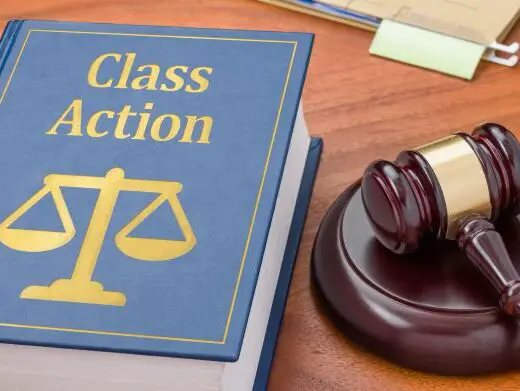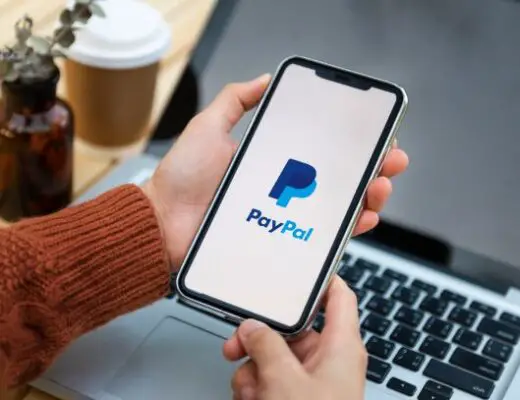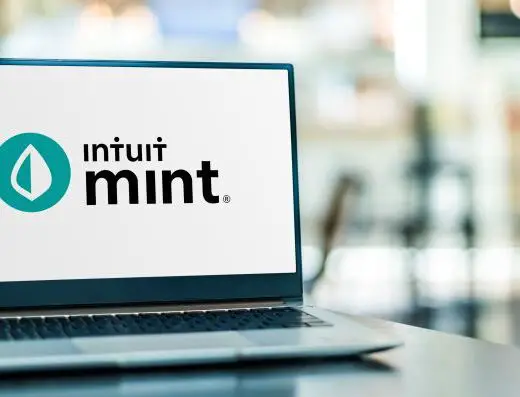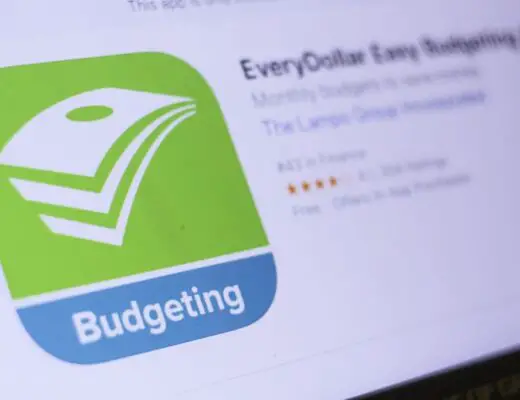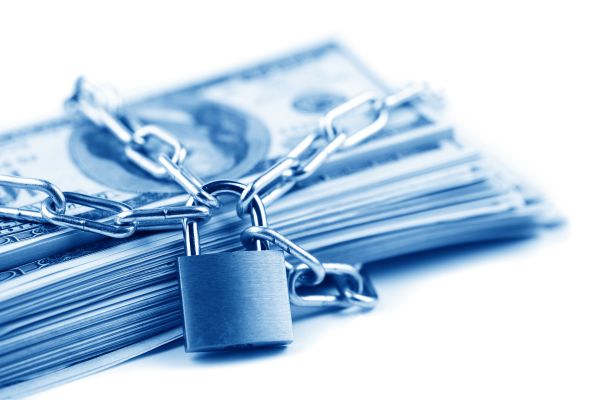
CommonCentsMom.com is advertiser-supported: we may earn compensation from the products and offers mentioned in this article. However, any expressed opinions are our own and aren't influenced by compensation. The contents of the CommonCentsMom.com website, such as text, graphics, images, and other material contained on this site (“Content”) are for informational purposes only. The Content is not intended to be a substitute for professional financial or legal advice. Always seek the advice of your Financial Advisor, CPA and Lawyer with any questions you may have regarding your situation. Never disregard professional advice or delay in seeking it because of something you have read on this website!
Can a bank confiscate a check? The answer is yes, but only under certain circumstances. Checks are a form of negotiable instrument, representing a debt that is accepted when presented for payment. Banks play a key role in the check processing system, acting as the custodian for checks deposited into accounts. However, they cannot actually take possession of a check. Banks may write off bad checks if they were written by the same person who deposited them into the account.
But what does it mean to have a bank confiscate your check, and under what circumstances might this occur? This article will provide a comprehensive overview of the reasons why a bank might confiscate a check, including unusually large checks, insufficient proof of identity, and stale checks. Understanding these factors can help you avoid having your check confiscated and ensure a smoother banking experience.
What Getting a Check Confiscated Means
It is important to understand that the check is not being taken from you. The bank simply “clears” it by writing off the bad check. When a check is written off, it no longer exists as a valid payment instrument. The account holder can simply proceed to remedy the bad check with a new, good check and discard the bad check.
This does not mean you have to pay for something you do not owe. You will still have your money in your account and can continue making payments on other checks or purchases that are owed.
Why a Bank May Confiscate Your Check
There are many reasons why a bank may decide to confiscate a check. The main reason is that the check was written by the same person that deposited it into the account. This can be due to identity theft, but it can also be because the check was bad in some way. Here are some of the most common reasons:
The check is unusually large
A check that is too large to be considered a regular check can be a cause for concern. They may think that it is a sign of suspicious activity. However, it’s also likely that the bank itself cannot fulfill the payment. Some banks do not have the capacity to handle cash transactions involving a considerable amount of money without being given enough time to plan ahead. If you are expecting to write a check for a considerable amount of money, call the bank manager that you are planning to visit before going there.
Insufficient proof of identity
If you are depositing a check that was written by someone else, you may be asked to provide some form of identification. The bank will ask for a government-issued ID card or passport and your social security number. They will also want to see your driver’s license or other proof of identity. If you can’t provide the required identification, you may be asked to return later.
The check is stale
If the check is deemed to be bad, it can be written off by the bank without your consent. If you do not want your check to be written off, you should try to find out what caused it to be written off and ask the bank manager if they can take care of it for you. A check can go stale if anywhere between sixty to 180 days have passed. You can avoid this by depositing your check within a few days of writing it.
In conclusion, having a check confiscated by a bank can be a frustrating and stressful experience. It means that the bank is holding onto the funds from the check and refusing to release them to you. There are several reasons why a bank may confiscate a check, including if the check is unusually large, if there is insufficient proof of identity, or if the check is stale. Understanding the reasons for check confiscation can help you avoid the issue in the future. If you find yourself in this situation, it’s important to understand your rights and to work with the bank to resolve the issue as quickly as possible. Whether you’re writing or receiving a check, it’s essential to know the rules and regulations surrounding check transactions to ensure that your money is protected and secure.

